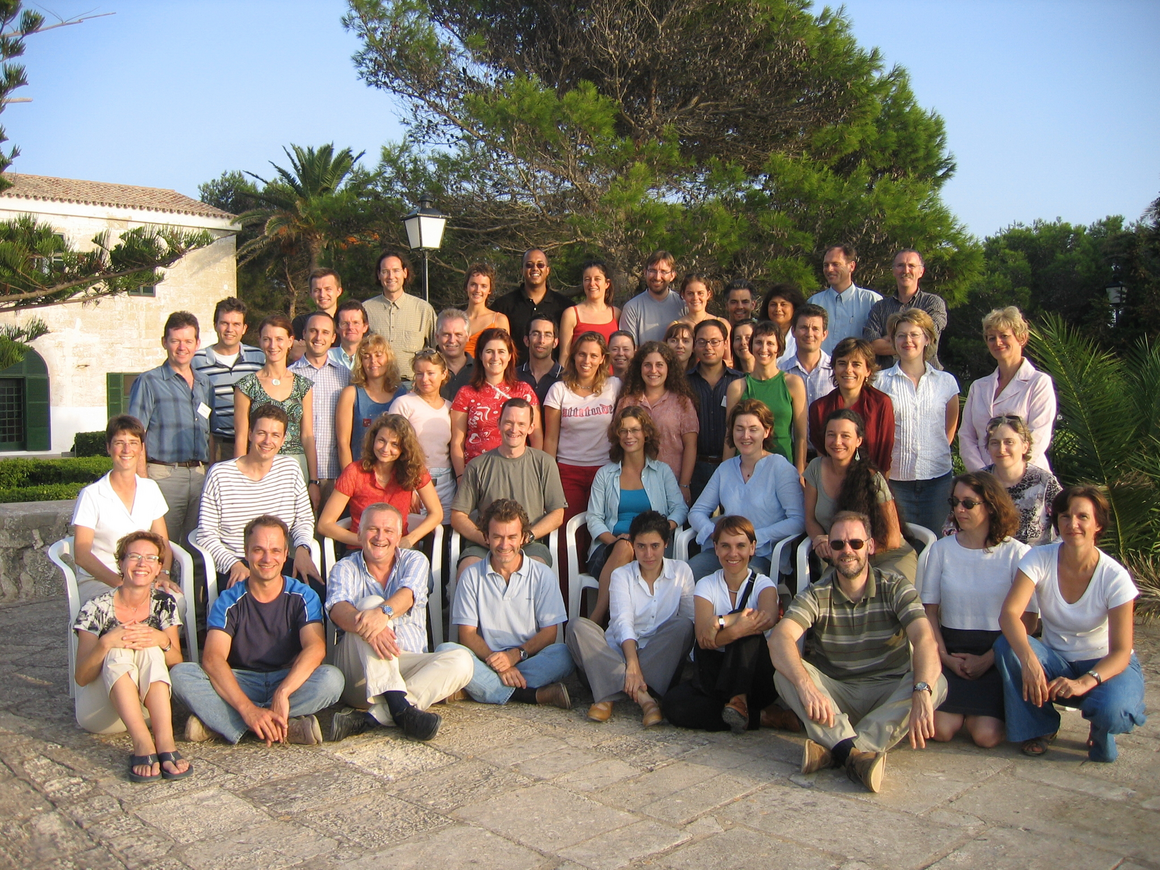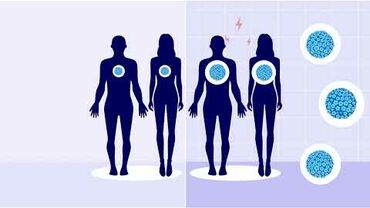Fellowship experience


Each cohort follows a structured training path. Find out about the training programme in more detail, including the introductory course, pathway specific modules, field placements and supervision.
*Due to the COVID-19 pandemic, the related travel restrictions may imply different a format for the training activities.
Introductory course
At the beginning of the ECDC Fellowship Programme, fellows from both EPIET and EUPHEM paths participate in a three-week introductory course. The course provides basic knowledge of intervention epidemiology and public health microbiology and motivates fellows to engage in multidisciplinary field investigation. During the course fellows will learn how to:
- Combine field epidemiology and public health microbiology techniques for risk assessment and investigations in the field of communicable diseases prevention and control;
- Design, implement, and evaluate surveillance systems;
- Analyse surveillance data in light of the limitations of the surveillance system;
- Investigate an outbreak to propose public health recommendations;
- Apply simple statistics to analyse epidemiological and laboratory data;
- Use analytical epidemiology to examine associations between exposures and outcomes while taking into account bias, confounding and effect modifications;
- Design, prepare and conduct an applied research project;
- Communicate results of field investigations to various stakeholders (e.g., scientists, press, public, decision makers).
The course uses lectures, exercises, case studies and other interactive teaching methods.
Training modules
In addition to the introductory course, fellows take part in 7 or 8 additional week-long training modules that offer more specialised training relevant to the core competencies of each path. Examples of these modules are:
- Outbreak investigation methods
- Multivariable analysis
- Rapid assessment and survey methods
- Vaccinology
- Time series analysis
- Project review
- Bio-risk and quality management
Field assignments
To develop the required competencies, fellows engage in a number of field assignments (projects) based on the learning needs of the fellow and the public health service needs of the training sites.
Fellows are placed at training sites throughout EU/EEA Member States for the duration of their two-year fellowship. During their placement, fellows are actively involved in field investigations.Field work will include activities related to the area of public public health management, applied public health microbiology and laboratory investigations, applied research, communication and teaching. EPIET fellows will in addition use advance statistical methods in their investigations while EUPHEM fellows will have additional training in biorisk management and quality management.
These activities are primarily at national or regional level, but occasionally there are opportunities to participate in international assignments. Fellows are expected to present the results of their activities at scientific meetings and congresses, as well as communicate with the public and be involved with decision-making bodies.
Consult the ECDC Fellowship Programme manual for more details: ECDC fellowship programme documents
European Scientific Conference on Applied Infectious Disease Epidemiology (ESCAIDE)
During their two-year training, fellows participate at the ESCAIDE, an annual conference jointly organised by ECDC, EAN (EPIET Alumni Network), and TEPHINET EUROPE. At ESCAIDE, fellows have the opportunity to share their experience of the fellowship and present the results of interventions and research. For prospective candidates, attendance at this conference gives good insight into the breadth of activities undertaken by fellows.
Supervision
Supervision is provided in two ways. Day-to-day supervision is the responsibility of the main supervisor at the training site. In addition, fellows may have different supervisors for specific projects they are involved in. Supervisors on-site provide on average four hours supervision per week. Supervisors also participate in training modules as facilitators.
Technical support is also provided at a distance by the EPIET and EUPHEM scientific coordinators to ensure that all fellows have similar opportunities to develop their knowledge base and skills. Close monitoring of the programme and regular visits to training sites ensures that the placement meets the needs of individual fellows, as well as the broader educational objectives of the programme.



